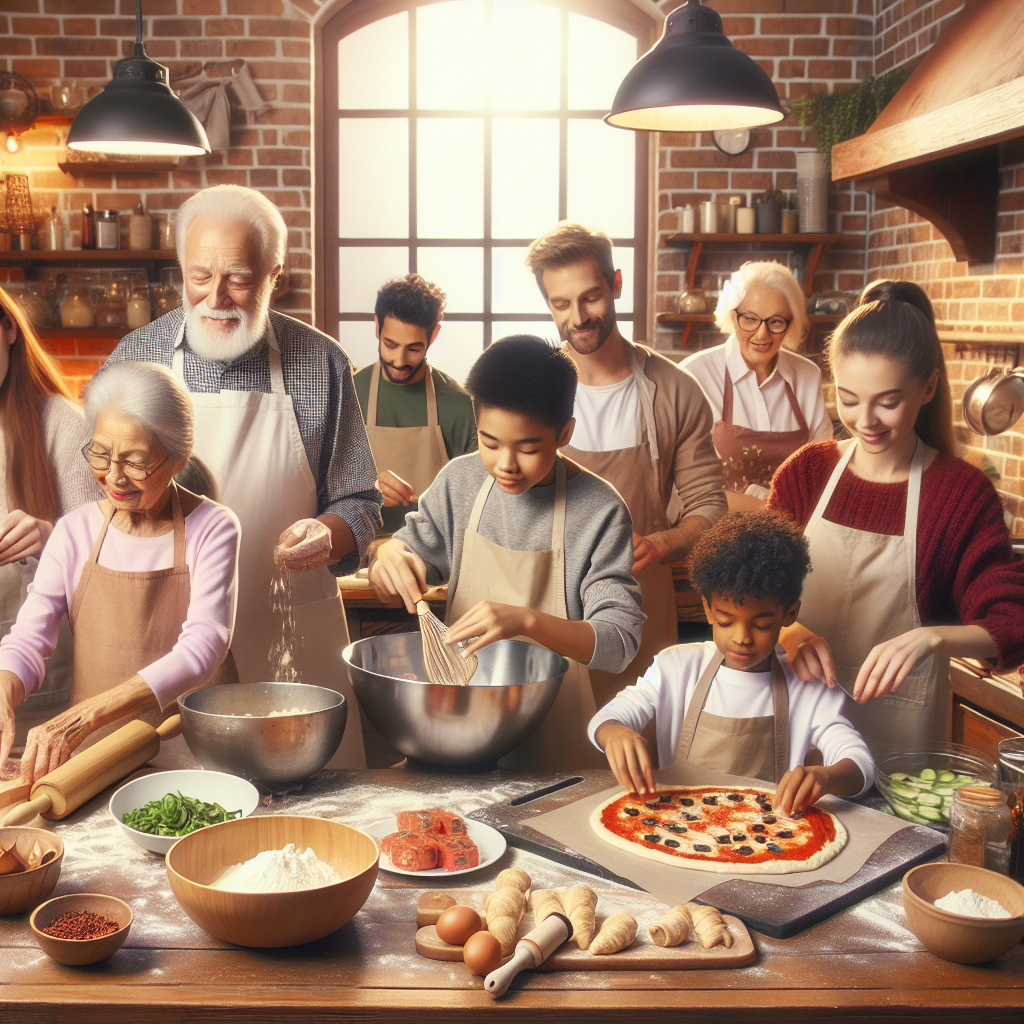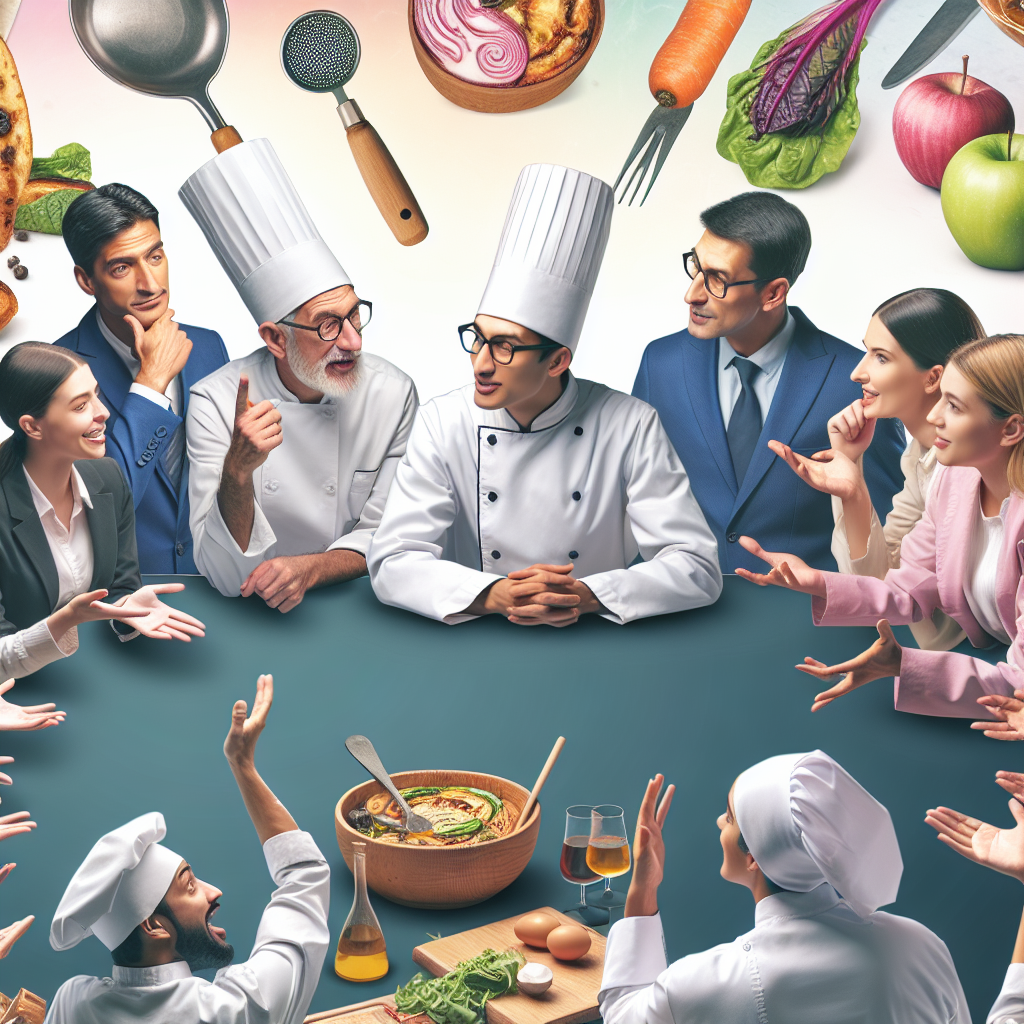In an unprecedented clash between traditionalism and modernity, an Olympic controversy has erupted that treads a delicate line between success and failure. At the heart of this fascinating conflict lies our humble hometown’s esteemed culinary tradition.
The robust flavors of our locality have historically been woven into tight-knit families, community gatherings, and distinct cultural markers. But now, they sit at a contentious crossroads tainted with pretentious ambitions to be etched into Olympic history.
Culinary Tradition
Our beloved culinary practices trace their roots back centuries ago when locally-sourced ingredients harmonized with indigenous cooking techniques to create what is now integral to our collective identity.

Cultural Roots
The Olympics have always been more than athletic prowess; it is also about celebrating diverse cultures across the globe. Our cuisine – a unique blend of age-old recipes passed down through generations – therefore naturally found its place in representing our culture on this global platform.
Modern Evolution
In recent years, we’ve seen attempts from ambitious chefs to ‘modernize’ these traditional dishes for broader appeal causing divides within our community who fear losing their food’s authenticity.
Key Ingredients
An undercurrent runs through these feuds – one that boils down to key ingredients being replaced or adulterated in the name of evolution or commercial palatability resulting in starkly divided opinions about right versus wrong approaches to preserving legacy foods at such high-profile events.

Preparation Methods
The fierce debate extends not only to ingredients but also to preparation methods, tapping into the vein of tradition versus innovation. The trail of evidence leads to arguments around whether traditional cookware should be swapped for modern, advanced equipment and measures or retained in honor of authenticity.
Cultural Significance
Food is more than sustenance – it’s a narrative thread that links generations and serves as an anchor to our cultural heritage. However, when thrust on the world stage under the pretext of ‘progress’, these narratives are endangered.
Contemporary Trends
The Olympic controversy casts light on broader contemporary trends where tradition becomes a commodity for consumption and often results in distorted representations that could inevitably lead toward cultural erosion.
Expert Perspectives
We reached out to several culinary experts who expressed concerns about commercializing traditions for global events without due respect to their significance. They advocate slowing down this trend through awareness campaigns highlighting potential damages from such practices.
Personal Experiences
I’ve seen restaurants rise and fall amidst these tussles between authenticity versus globalization, with many feeling forced into conforming just for survival creating a sense of loss within our community.
Cultural Preservation In conclusion, while we stand firmly behind our local heroes competing at Olympics, we must not forget what makes us unique: our history embedded in every dish steeped in love and legacy protecting them should remain forefront in our endeavors.

